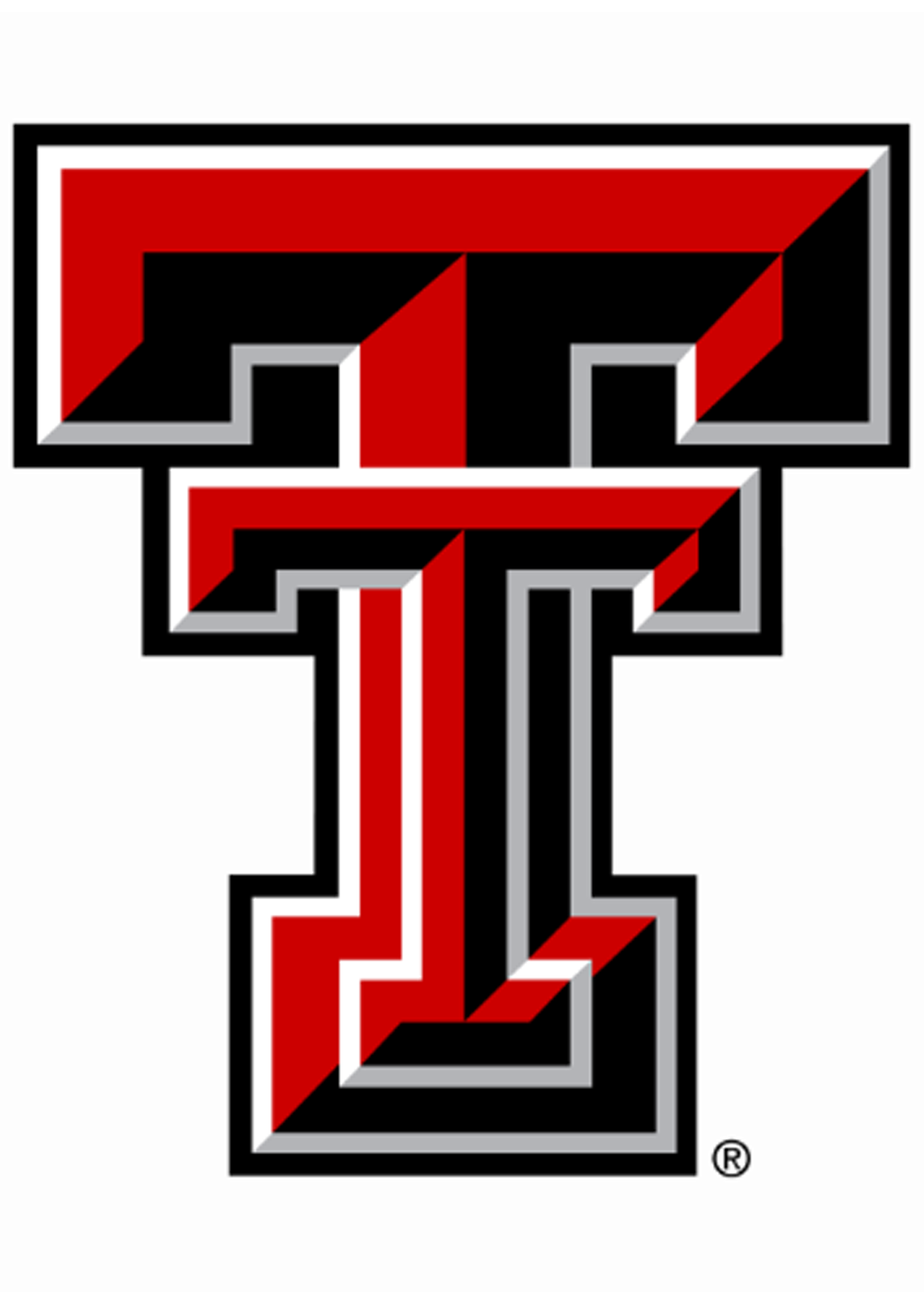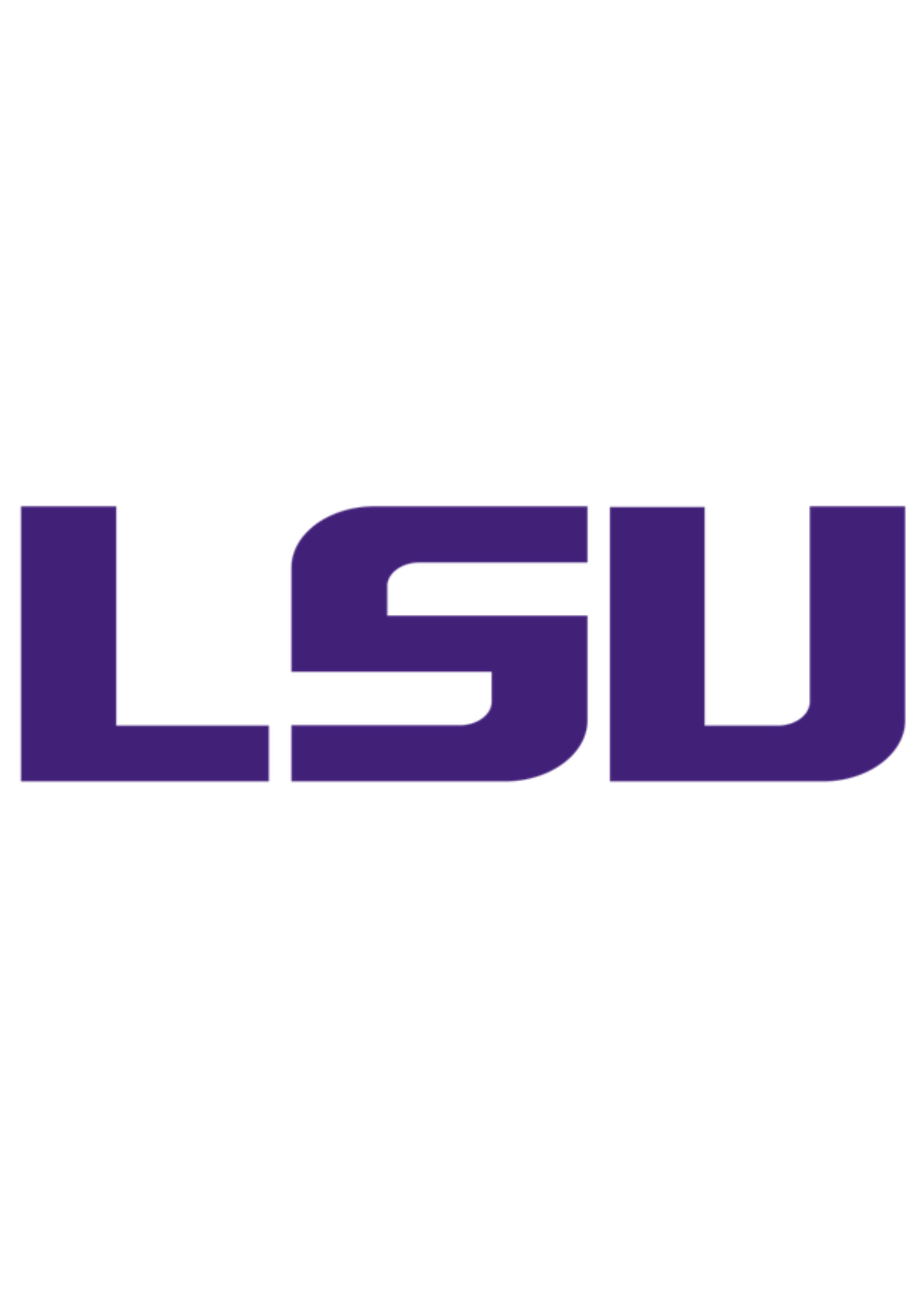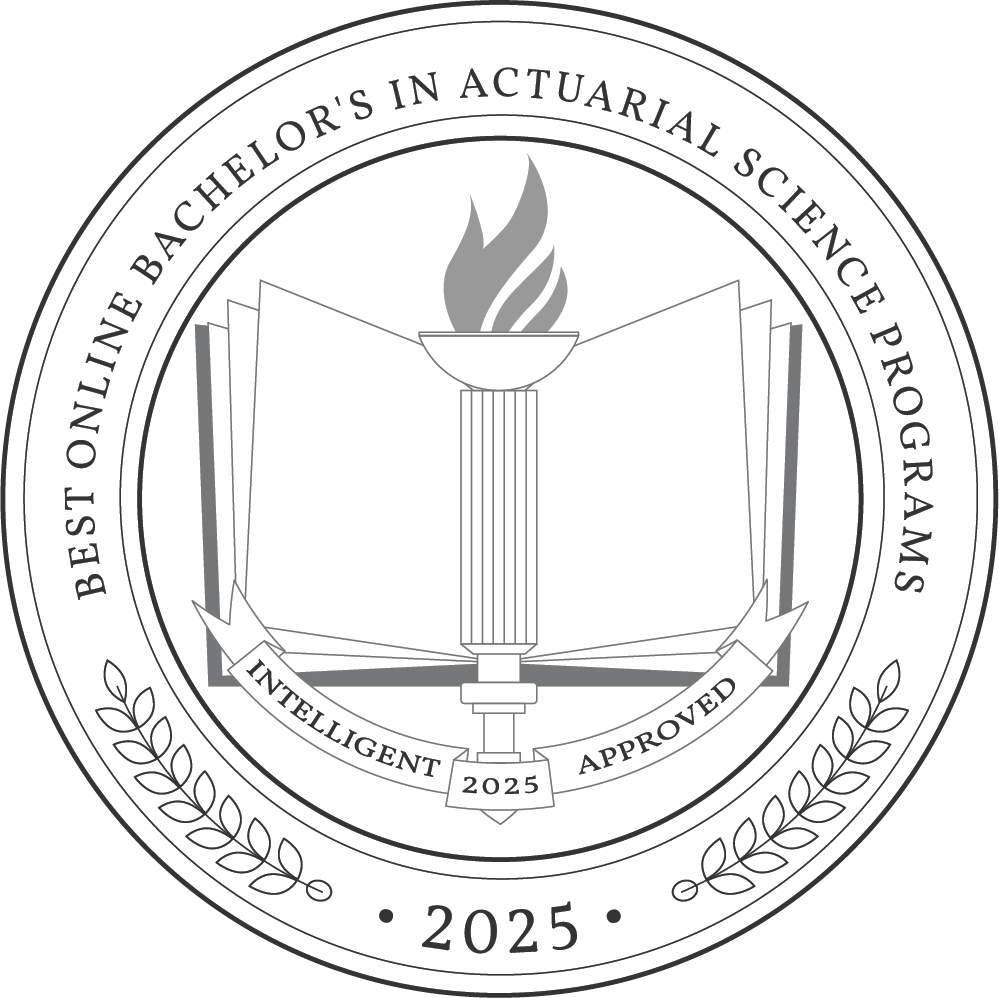An online bachelor’s in actuarial science degree program prepares students to work as actuaries or risk analysts, and most graduates go on to careers in finance or insurance. According to the Bureau of Labor Statistics (BLS), the average salary of an actuary is $120,000, and risk analysts can expect to earn $99,890.
Most students complete an online bachelor’s in actuarial science degree in four years, or eight semesters, and can expect to pay around $17,709 per year in tuition. However, this is just an average, and the exact cost varies depending on whether it’s a public or private institution and where the student lives.
Why Trust Us
The Intelligent.com Higher Education Team is dedicated to providing students with independent, equitable school and program rankings and well-researched resources. Our expert-driven articles cover topics related to online colleges and programs, paying for school, and career outlooks. We use data from the U.S. Department of Education’s College Scorecard, the National Center for Education Statistics, and other reputable educational and professional organizations. Our academic advisory team reviews content and verifies accuracy throughout the year for the most current information. Partnerships do not influence rankings or editorial decisions.
- Analyzed over 2,000 national, accredited, and nonprofit colleges and universities
- 800+ rankings pages are reviewed and updated yearly
- Content is informed by reputable sources, surveys, and interviews with academic advisors and other experts
- Over 100 data points are reviewed for accuracy and quality throughout the year, including sources
How we rank schools
Our list features the best Online Actuarial Science degree programs at top colleges nationwide. Each school featured is a nonprofit, accredited institution — either public or private — with a high standard of academic quality for post-secondary institutions.
We evaluated each school’s program on tuition costs, admission, retention and graduation rates, faculty, reputation, and the student resources provided for online students. We collected data from trusted sources like the National Center for Education Statistics, individual school and program websites, school admissions counselors, and other data sources. Then, we calculated the Intelligent Score on a scale of 0 to 100 based on the following criterion:
Academic Quality:
- Admission rate versus enrollment rate
- Retention rate of students who return after year one
- Accreditation status (regional and programmatic)
- Nonprofit status, both private and public institutions
Graduation Rate
- Overall graduation rate
- Total number of currently enrolled students, including diversity metrics
- Student-to-faculty ratio
Cost and ROI
- In-state and out-of-state per-credit tuition rates and fees
- Required credits to graduate
- Earning potential after graduation
- Availability of federal student loans, scholarships, and other financial aid options
Student Resources
- Available student services for online-only and hybrid programs
- On-campus amenities like tutoring centers and the number of libraries
Read more about our ranking methodology.
Best 6 Accredited Online Bachelor's in Actuarial Science Degree Programs
FiltersInstitution Type
Status
- Intelligent Score
- Alphabetically By University Name
- Acceptance Rate
- Enrollment
- In-state Graduate Tuition
- Out-of-state Graduate Tuition
- In-state Undergraduate Tuition
- Out-of-state Undergraduate Tuition

Texas Tech University
Intelligent Score: 97.44In-state: $8,683
Out-of-state: $20,953
In-state: $6,788
Out-of-state: $6,788
SAT: 1070-1240
ACT: 22-27
Resident: $395
Non-Resident: $815
Online, On-Campus
Southern Association of Colleges and Schools Commission on Colleges
120

Indiana University
Intelligent Score: 97.35In-state: $9,815
Out-of-state: $36,194
In-state: $9,786
Out-of-state: $9,786
SAT: 1120-1350
ACT: 24-31
In-State: $290
Out-of-State: $390
Online
Higher Learning Commission
120

Walsh University
Intelligent Score: 97.15In-state: $29,910
Out-of-state: $29,910
In-state: $13,410
Out-of-state: $13,410
SAT: 978-1170
ACT: 19-26
$510
Online
Higher Learning Commission
120

Ottawa University
Intelligent Score: 94.03In-state: $29,980
Out-of-state: $29,980
In-state: $15,576
Out-of-state: $15,576
SAT: 750-990
ACT: 18-22
$499
Online, On-Campus
Higher Learning Commission
120

Louisiana State University Of Alexandria
Intelligent Score: 93.12In-state: $8,038
Out-of-state: $8,038
In-state: $9,132
Out-of-state: $9,132
SAT: 1090-1300
ACT: 23-28
$325
Online
Southern Association of Colleges and Schools Commission on Colleges
120

University of North Dakota
Intelligent Score: 90.23In-state: $8,540
Out-of-state: $12,810
In-state: $11,060
Out-of-state: $11,060
SAT: 1000-1230
ACT: 20-27
$385
Online, On-Campus
Higher Learning Commission
120
How to Choose an Online Bachelor’s in Actuarial Science Degree Program
Choose your area of study
All students pursuing an actuarial science degree will learn about advanced mathematics and risk analysis, but programs may vary when it comes to what electives they have or internship opportunities. Look for institutions that offer a variety of computer science and advanced math coursework, so you can tailor your schedule to what interests you the most. Students may choose to focus on finance or business or gear their learning more toward statistics and economics.
Research schools and programs
Once you’ve decided to enroll in an online bachelor’s in actuarial science degree program, it’s time to narrow down your search. Consider whether you want to complete your entire degree online or whether you’re able to attend a hybrid program that requires an in-person internship or capstone course.
Evaluate potential programs based on the breadth of courses they offer, the instructors, and what opportunities they offer for things like job placement. Some programs are offered on a cohort basis, which means you get the benefit of going through your classes with the same group of students. Others may rely on more asynchronous work, which can be challenging for those who prefer collaborative learning.
When you’re looking at different programs, ensure that they have a regional or national accreditation. This means that the program has been independently evaluated and found to provide a quality education.
Prepare for tests and applications
Once you have a list of your top three to five schools, it’s time to start the application process. If possible, meet with an admissions counselor early on to ensure you understand the admission requirements. Some schools require prospective students to complete a placement test, even if they already have standardized test scores from the ACT or SAT.
The application may require you to write an essay or provide letters of recommendation from teachers or a guidance counselor. Knowing what’s required beforehand ensures that you have time to gather and submit the materials before the deadline.
Select your program
If the program accepts applications on a rolling basis, you’ll likely get a decision a few weeks after your application is received. Schools that have a yearly deadline may take longer. Once you’ve started accumulating a stack of acceptance letters, it’s time to select a program. Factors to consider include:
- The cost of tuition and other materials and fees
- Whether the course materials are delivered synchronously or asynchronously
- How many credits are required to graduate
- What technical support it offers
Determine how you’ll pay for your degree
College isn’t cheap, and completing a degree program online doesn’t guarantee a lower cost. However, there are various options available to help students afford an undergraduate degree. Filling out the Free Application for Federal Student Aid (FAFSA) can determine if you qualify for federal aid, such as subsidized student loans or the PELL grant. Other options include participating in work-study programs, applying for scholarships, and taking out private student loans.
What Can You Expect From an Online Bachelor’s in Actuarial Science Degree Program?
Actuarial science is a Bachelor of Science degree that is highly focused on using mathematical concepts to analyze risks so businesses can make informed decisions.
Students in an online bachelor’s in actuarial science degree program can expect to get an in-depth education on mathematics, statistical probabilities, and risk theory. They learn how to apply mathematical theories to real-world scenarios, helping businesses manage financial risks. Courses also cover computer science, software applications, and how business ethics apply to actuarial science.
Students can expect the program to take four years of full-time study. Those who only attend part-time could take an extra 1-4 years to complete the program, depending on how many credit hours they can take each semester.
Some programs may require students to complete an internship or a capstone project to show they are able to apply what they’ve learned to the real world.
Potential courses you’ll take in an online bachelor’s in actuarial science program
- Calculus and Analytic Geometry. Actuarial science requires a high level of mathematics, including advanced calculus. Students learn about limits and continuity, methods of integration, applied calculus concepts, and sequences and series. In upper-level classes, students learn how to evaluate vector-valued functions and vector analysis.
- Risk Management and Insurance. This course teaches students about how risk management applies to insurance. Students learn how risk is assessed across many types and industries, including property, auto, and personal liability, and how it affects insurance profits.
- Mathematical Statistics. Statistical analysis and calculations are a major part of actuarial science. In this class, students learn how statistical calculations are made, including learning different computer programs and modeling software. Other topics covered include point and interval estimation and testing hypotheses.
- Actuarial Models. This source introduces students to how actuarial models work and how they are used to solve problems in the insurance and business industries. Students work with concepts such as confidence intervals, aggregate models, and decision-making based on this data.
- Software Tools for Business Analytics. Data analysis is an integral part of working in actuarial science, and students need to be familiar with the software applications for handling data. Major applications such as R, Python, and Excel are covered to help students understand how to gather, clean, analyze, and model data.
Online Bachelor’s in Actuarial Science Degree Frequently Asked Questions
How do I apply to an online bachelor's in actuarial science degree program?
Applying to an online bachelor’s in actuarial science degree program is generally the same as applying to an in-person program. Check with the admissions office to find out what is required for admission and whether there is a deadline or they accept admissions on a rolling basis. The college will need your high school transcripts and potentially your ACT or SAT scores, depending on the program. Competitive schools may require a more in-depth application with a personal essay and letters of recommendation. Scheduling a meeting with an admissions counselor before starting your application can ensure you have everything you need.
How much does an online bachelor's in actuarial science degree cost?
According to the Education Data Initiative, the average cost of an undergraduate degree program is just over $38,000 per year. For a traditional 4-year program, this amounts to a total cost of $152,000. However, these numbers include costs other than tuition, such as books, supplies, and room and board. The average cost of undergraduate tuition only is $27,457 for an out-of-state program and just $9,750 for an in-state program. Schools that offer an online bachelor’s in actuarial science often charge just one tuition rate regardless of where the student is located, and you may be able to save money on some building fees as well as the obvious room and board.
How long does it take to earn an online bachelor's in actuarial science degree?
A typical online bachelor’s in actuarial science degree requires around 120 credits and can be completed in four years if you’re attending full-time. Taking less than 12 credits a semester can lengthen this timeline. However, the flexibility of an online degree program often allows students to take more credits per semester, which could shorten the time required to as little as 2-3 years if they also take summer courses. Students who completed AP or IB classes in high school may also be able to earn credits and progress through the program faster.

